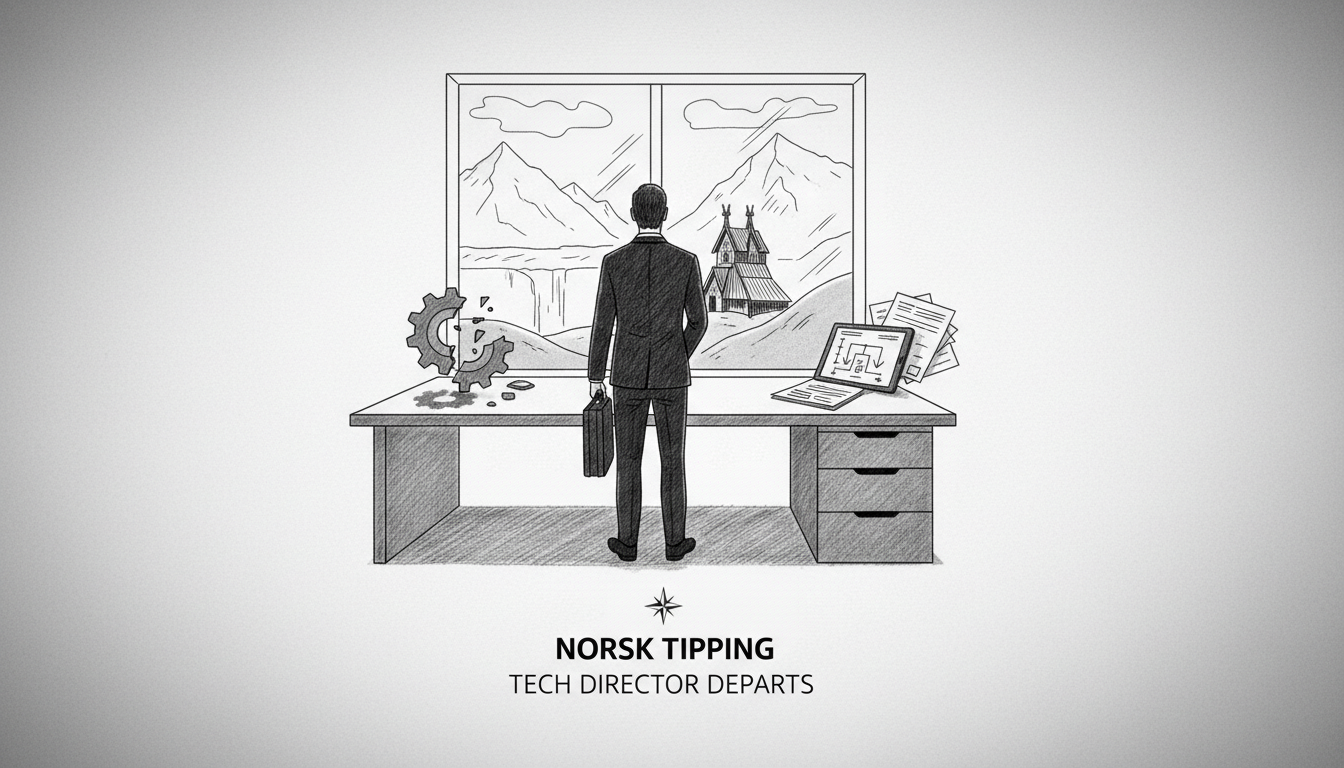Norwegian technology leader Helge Løken has stepped down from his role as technology director at Norsk Tipping. The departure follows internal discussions about changing operational priorities within the state-owned gaming company. Interim CEO Vegar Strand confirmed the leadership change this week.
Company officials stated they now require leadership with stronger operational experience. This shift comes after recent challenges in technical operations. Norsk Tipping faces increased regulatory scrutiny and substantial fines totaling 119.5 million kroner over recent quarters.
Løken originally joined the company two years ago with a development-focused mandate. His responsibilities included technology development, operations, and user experience. The former director acknowledged the company's changing needs in his departure statement.
Norwegian tech startups often face similar operational challenges when scaling rapidly. Many Oslo innovation districts have seen companies balance growth with compliance requirements. This case highlights the ongoing tension between innovation and operational stability in Nordic technology trends.
Internal reports identified cultural issues within the organization. Some employees felt innovation priorities sometimes overshadowed quality and safety concerns. The interim CEO acknowledged this imbalance had caused current difficulties.
This leadership change follows the recent departure of former CEO Tonje Sagstuen. The consecutive executive exits suggest broader organizational restructuring within the state monopoly. Norway digital transformation efforts often encounter such growing pains when modernizing legacy systems.
The company defended its spending on external crisis management resources. Officials explained that contracting specialists represents more efficient resource allocation than maintaining full-time staff for occasional needs. This approach reflects common practices across Scandinavian tech hub operations.
What does this mean for Norway's technology sector? Leadership transitions often signal strategic pivots in established organizations. The emphasis on operational expertise suggests Norsk Tipping may be prioritizing stability over rapid innovation. This could influence how other Norwegian companies balance these competing priorities.
The case demonstrates how even state-backed entities must adapt to evolving market demands. As Norwegian tech startups mature, many face similar transitions from growth-focused to operations-oriented leadership. The Nordic technology landscape continues evolving as companies navigate digital transformation challenges.

